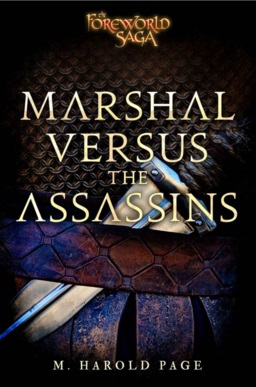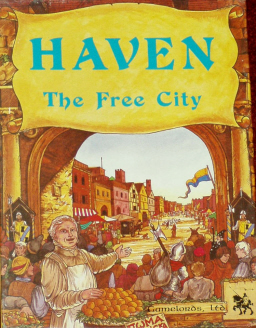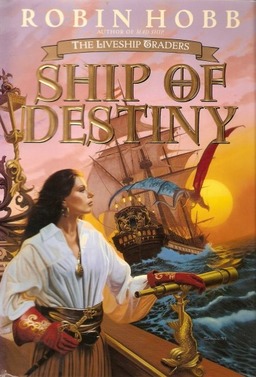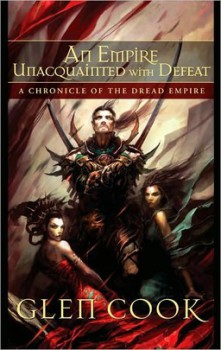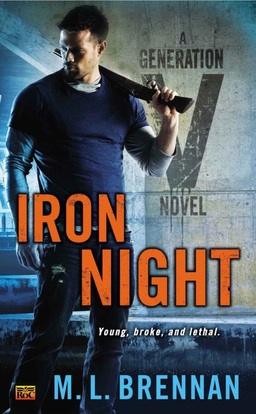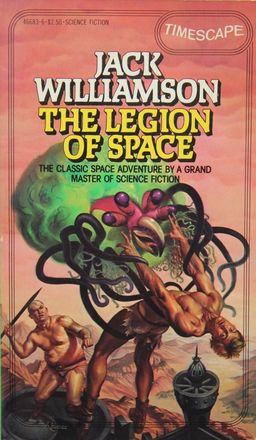 A few months ago I wrote about The Best of Jack Williamson, a fun refresher course for me in one of the great science fiction writers of the pulp era. It also reminded me that I wanted to read his Legion of Space novels, one of the most popular pre-Campbell space operas.
A few months ago I wrote about The Best of Jack Williamson, a fun refresher course for me in one of the great science fiction writers of the pulp era. It also reminded me that I wanted to read his Legion of Space novels, one of the most popular pre-Campbell space operas.
Time is running out, too. Isaac Asimov, a huge fan of The Legion of Space when he first read it in Astounding Stories in 1934, sadly found it virtually unreadable when he returned to it as an adult. It’s not unusual for these early pulp novels to be a tough read as you get a little older — if you want to really enjoy them, you pretty much have to experience them first in your youth. And since I turn 50 this year, I figured I better get cracking.
The story goes that Jack Williamson was in a Great Books course when he heard that Henryk Sienkiewicz, the Nobel Prize-winning writer of Quo Vadis, had written at least one of his novels by mashing The Three Musketeers with Shakespeare’s John Falstaff. Recognizing a brilliant idea when he heard it, the young Williamson took Falstaff and the Musketeers and shot them into space, and went looking for a market for his new masterpiece.
Williamson’s Legion, the military and police arm of the newly-liberated Solar System, was led by Jay Kalam and the brilliant warrior Hal Samdu. The part of Falstaff is played by Giles Habibula (frequently described on the jacket copy as “the incomparable Giles Habibula!”, with an exclamation mark). The setting is the 30th Century, where the solar system is colonized but mankind dares venture no further, since the first team of interstellar explorers to Barnard’s Star returned as barely-alive madmen, babbling about a massive planet filled with deadly aliens — and a city inhabited by evil “Medusae,” floating jellyfish with terrible powers.
Astounding turned out to be the right market at the right time. Editor F. Orlin Tremaine published The Legion of Space as a five-part serial, beginning in April 1934. It was a success and Williamson followed with The Cometeers, a four-part serial in Astounding starting in May 1936, and then One Against the Legion, a three-parter starting in April 1939. All three were collected in 1980 as Three from the Legion; one of the first books I ever purchased from the Science Fiction Book Club. Williamson re-visited the Legion a final time, nearly 50 years after he penned their first adventure, with The Queen of the Legion, an epic set after the disbanding of the Legion. It was published in 1983.
I’ve been reading a lot of pulp fiction recently, and mostly enjoying it — especially the short work of Clark Ashton Smith (“The Vaults of Yoh-Vombis“), Murray Leinster (“Proxima Centauri“), and the fanzines that cover the pulps, like Fantasy Review. I have high hopes that The Legion of Space will add to that list.


